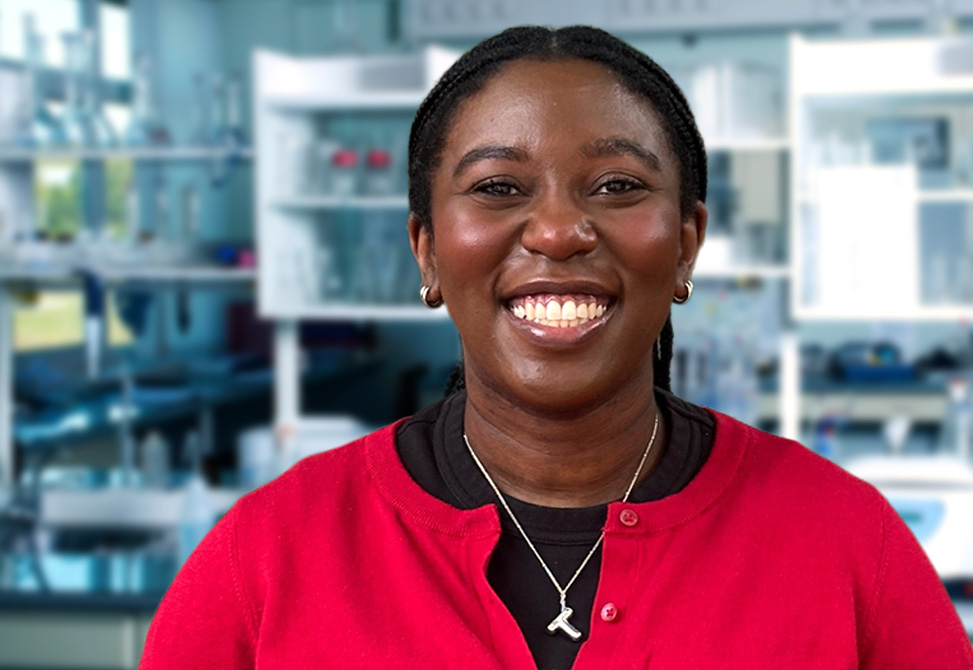Blocking Metastasis
Meet Taylor Dill, a Fourth-year Ph.D. Candidate at the University of North Carolina at Chapel Hill, Eshelman School of Pharmacy, researching in the lab of President-Elect, Eileen J. Kennedy. Her work focuses on the design and characterization of constrained peptides to disrupt key protein-protein interactions in the WASF3 protein complex, which helps regulate migration and invasion as it relates to metastatic cancers. Taylor's work aims to serve as a foundation to increase the window for cancer treatment by downregulating the metastatic burden of various cancer types.

In her recent publication in ACS Medicinal Chemistry Letters, Taylor Dill and colleagues in the Kennedy Lab report the first BRK1-mimetic stapled peptides—BASH-1 and BASH-2—that directly target the WASF Regulatory Complex, WRC, a critical mediator of actin remodeling and metastasis. By designing hydrocarbon-stapled helices that mimic a hotspot within BRK1, residues 19–41, the team demonstrated potent disruption of the WRC, reducing cancer-cell migration and invasion across multiple models. BASH-2 emerged as a standout inhibitor, achieving over 90% suppression of invasion in vitro without cytotoxicity, confirming BRK1 as a druggable node in metastatic signaling. This work not only establishes stapled-peptide approaches as viable tools to destabilize the WRC but also advances a therapeutic strategy aimed squarely at the molecular machinery driving tumor spread.
Outside of research, Taylor focuses on community outreach and undergraduate mentorship within the scientific community. She aims to foster a more inclusive and diverse research environment. In the future, Taylor plans to utilize the skills and knowledge she has gained throughout her academic career to bridge the gap in health disparities prevalent among underrepresented minorities in the clinic.


